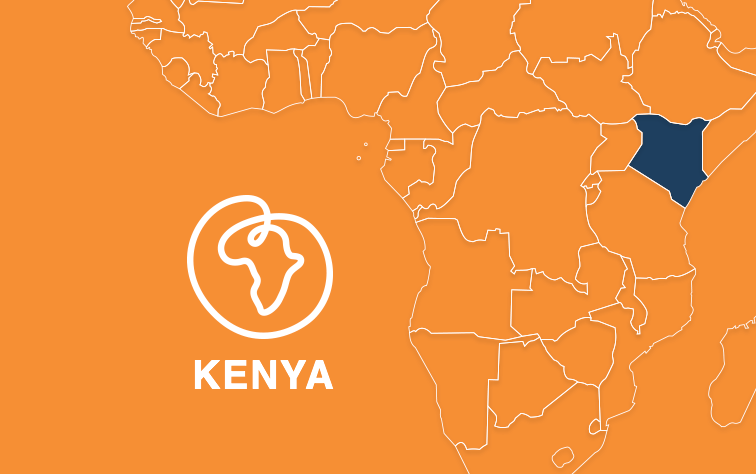Feminist discussions with many friends often lead to “so why do you think you’re better than me?” And, no matter how many times I’m asked this I’m always surprised. There’s this idea that, because I’m speaking and thinking around patriarchy and about ways to dismantle a damaging societal structure, I consider myself better. As if by talking about doing the work, I must have already completed it and hence am speaking from a higher authority/moral ground.
This could not be more wrong.
But things like this have me thinking about the nature of “the work.” This ominous sounding phrase that has been used to describe the labour of taking your actions (past, present and future) and holding them up to the feminist frames that exist/are still being created. On Tumblr, a user called thai monk writes:
A small part of your heart breaks every time you catch yourself saying something misogynistic. Yet another bit crumbles when you are around your predominantly misogynistic friends and you sadly realise that you are part of them. By association, a misogynist. My refusal to speak up in rather uncomfortable situations. Yet at the end of this madness I still want to identify as someone who is trying hard as fuck to unlearn all this shit.
Unlearning is not easy.
And it is not something that takes five minutes. It’s not like picking up The Marvelous Arithmetics of Distance and glancing at it once a week will mean that you have fully understood everything and are now ready to destroy the patriarchy. This doesn’t mean that you shouldn’t read it. In fact, it means you should, and then something else as well. Ideas of perfect understanding are like the carrot we tie to our own forehead. They will always lie in the future, and we must always work towards them.
Therefore, from a perspective of happiness/purpose, we should not seek to find the ultimate “right” answer for ourselves, but rather seek to chip away at the ways which we’re wrong today so that we’re a little less wrong tomorrow.
Mark Mason, Why I’m wrong about everything (and so are you)
This is why phrases like check your privilege are so important to me. What does it mean to begin to see the ways in which you are wrong? And how else can we know that we are wrong if we don’t identify our blindspots?
“An SEP [Somebody Else’s Problem field] is something we can’t see, or don’t see, or our brain doesn’t let us see, because we think that it’s somebody else’s problem…. The brain just edits it out, it’s like a blind spot. If you look at it directly you won’t see it unless you know precisely what it is. Your only hope is to catch it by surprise out of the corner of your eye… it relies on people’s natural disposition not to see anything they don’t want to, weren’t expecting, or can’t explain.”
Douglas Adams (from Emotional Labour, the Metafilter condensed thread)
And that’s the tricky thing about blindspots, isn’t it? It’s very difficult to decide/not decide what your blindspots are. The only way they are seen is by other people, through interactions and observations and, often, through holding yourself up to the very light that falls squarely on your flaws.
I write this because one thing feminism has really managed to do for me is shake at the foundations of how many forms of masculinity exist. It gives a chance to try to redefine how we live and see the impact of many of the things we now choose to do. I can go “Hey, maybe I shouldn’t say this thing that I wanted to say, perhaps the repercussions of this are larger than I think.”
And, on that level, no one has it all fully figured out.
Again, it’s not called the work because it’s easy.
But it is necessary. Especially now, when the critique leaves us in a space of complete remodeling. It necessary to begin to imagine what a masculinity can look like outside these frames. And, in having these frames we also allow ourselves to put a lot of things into context. It’s not really about being told what to do and what not to do. Rather, it is more about thinking about the consequences of the things that you do and don’t do in many ways. And, in thinking about these things we realise that no one can really be perfect.
Instead it begins to reveal itself as a journey that some people have been on for longer than others. When we read into the history and put those stories into context we see what was being done and how that fits with what is happening now. Just like holding #KasaraniConcentrationCamp to the complicated history that creates a space that allows for such injustice to happen, holding our socialisation and ideas to the context of history allows us to really see ourselves/what we are allowed to be. At the end of the day, there are only questions of how we got here and trying to figure out how we can get out.
And because it is a journey that we are stuck on together, then it is us who must figure out the answers to these questions. Having these discussions is how we keep each other going and help each other make sense of what the next steps could possibly be. We’re just trying to make each other better, and pretending there’s no problem doesn’t help. We’re on a roadtrip. We have four flats. I’m not saying I’m better than you. I’m saying maybe we should try and figure out how we’re going to get new tires.



